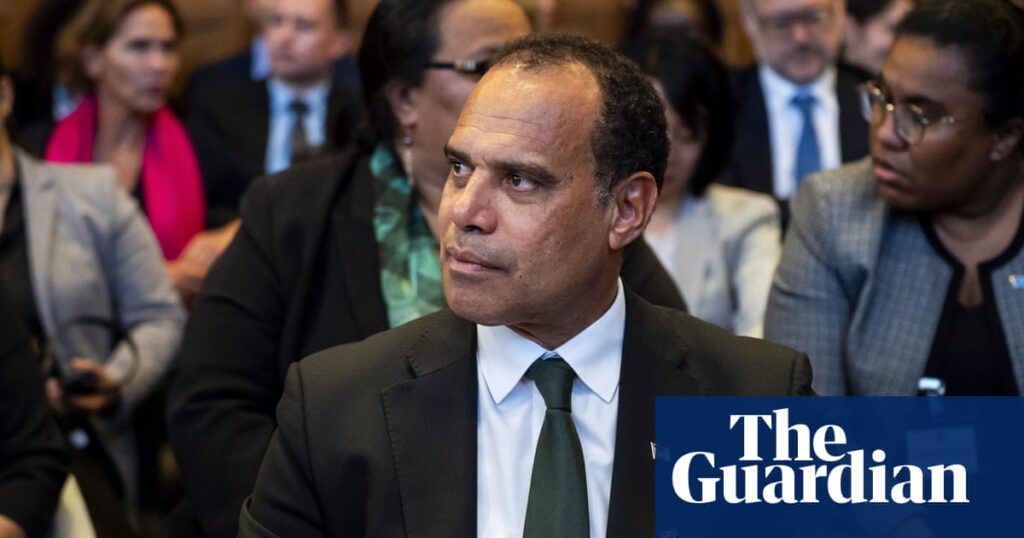
Australia could soon confront international legal challenges over its fossil fuel production and insufficient efforts to cut emissions, according to Vanuatu’s climate minister. This warning follows a groundbreaking advisory opinion from the International Court of Justice (ICJ) that could redefine global climate obligations.
The ICJ’s advisory opinion, released in The Hague, asserts that countries have a legal duty to take measures preventing climate change and to limit global warming to 1.5°C above preindustrial levels. Nations with high emissions that fail to act could be held liable to compensate low-emitting countries. This decision, initiated by Vanuatu law students and supported by 130 countries, including Australia, marks a historic moment for climate justice.
International Obligations and Legal Implications
The ICJ’s ruling challenges the stance of major emitters like Australia, the United States, and China, who argued that their obligations were confined to the 2015 Paris Agreement and the UN Framework Convention on Climate Change. However, the court, comprising 15 judges, emphasized that all countries have binding duties under international human rights law, the law of the sea, and customary international law.
Countries could face legal consequences if they fail to address issues such as fossil fuel production, consumption, subsidies, and exploration licenses. Vanuatu’s climate change minister, Ralph Regenvanu, highlighted the leverage this opinion provides to Pacific island nations in climate negotiations.
“According to the advisory the ICJ handed down today, Australia is committing internationally wrongful acts as it is sponsoring and subsidising fossil fuel production and excessive emissions,” said Regenvanu.
Reactions and Future Actions
Dean Bialek, an international lawyer and former lead climate negotiator for island nations, described the opinion as “unusually robust” with significant ramifications for Australia. He suggested that Australia should aim for an emissions reduction target of at least 75% below 2005 levels by 2035.
Retta Berryman from Environmental Justice Australia noted that the opinion sets a clear benchmark for the federal government’s climate commitments. Meanwhile, Australian National University associate professor Siobhan McDonnell emphasized the historic nature of the opinion, which underscores the international human rights obligations of all states.
“We are likely to continue to see significant climate litigation in Australia against governments and companies,” Berryman said.
Political and Environmental Implications
The ruling has sparked political debate in Australia. The Australian Greens leader, Larissa Waters, stated that the decision clarifies the legal risks associated with new coal or gas approvals. Wesley Morgan from the University of New South Wales pointed out the urgency for Australia to reconsider its fossil fuel projects in light of the ICJ’s message.
A spokesperson for the federal government expressed pride in co-sponsoring the Vanuatu-led initiative and acknowledged the existential threat posed by climate change. The government reaffirmed its commitment to embedding serious climate targets in law and collaborating with the Pacific region to enhance global climate action.
“We will continue to turn around their decade of denial and delay on climate by embedding serious climate targets in law and making the changes necessary to achieve them,” the spokesperson said.
Looking Ahead
The ICJ’s advisory opinion represents a pivotal moment in international climate law, potentially ushering in a new era of accountability for high-emitting nations. As Australia grapples with the implications of this ruling, the global community will be watching closely to see how it aligns its policies with the court’s findings. The decision could set a precedent for future climate litigation and shape the international response to climate change in the years to come.





